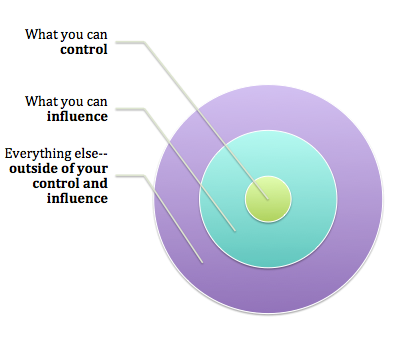In these times you may feel overwhelmed about what you need to do. Firstly pause, there is no hurry to get this right, we are all in this together.
Acceptance of lockdown
We are all travelling along the acceptance curve as it relates to Covid-19. This can be likened to the well-known 5 phases of grief described by Elizabeth Kubler-Ross with initial denial, followed by anger. However, we all need to transition through to a phase of acceptance because it is here now. Acknowledging where we have been or where we need to move on this curve can help us to move along productively or prevent us from being stuck.
Once we are in acceptance, then we can effectively communicate with our children.
Change in routine
Most adults like children, like routine. It doesn’t have to be minute by minute, but a rough guide to what is expected/needed each day. Our routines have been turned on their heads, so it will take a moment to get to grips with what lockdown means, and that’s okay. Once we have this sussed, we can then begin to plan a rough routine for our families in this time of enforced togetherness.
There is no hurry, we have a few weeks to adjust, time spent getting it right for your family will pay off in the end. As in most things, preparation is 90% of the work.
Sphere of control
Remember there is a sphere of things we can control, those we can influence, and everything else. If you focus on what you can control and influence this will reduce your stress or feeling of helplessness.

Resources and tools
In this time, you will be bombarded with many online resources and tools to purchase to help you through. Be aware you will need the time to digest and work out if they are useful to you and your family. If you don’t have that time as you are juggling your own work from home, then they may not suit you. It is hard to avoid the guilt that is inherent in the social media marketing when it comes to parenting, but it is okay not to use any of them. You know your family best, go with your gut instinct.
Many therapists such as speech language therapists, occupational therapists and the like can continue to help and support you with teletherapy. This can take the pressure off needing to prepare something and deliver it. We all know that children respond differently to adults other than their parents or caregivers, that too is normal. These services may suit your family.
Behavioural challenges
There is no doubt behavioural issues will become a challenge for all families living in close proximity. Trying to find the positives in this is no easy task but opening a small glimmer of what is good behaviour can reduce the shadow of the bad. It takes conscious thought to seek these glimpses, as our human spirit is designed with a negativity bias and they may be fleeting.
Using this time to really see what is going on with the behaviour from a drone perspective can be helpful. If your child is on medication to help with behaviour then these observations will be hugely helpful to your paediatrician in adjusting the timing, formulation and type of medication. Behaviour is a form of communication; the tricky part is understanding the language.
Optimism
This can be hard for all of us. Particularly in this time of constant media sensationalism. Humanity has an addiction to watching disaster, I myself have found that I have spent more time looking at updates and the news than ever before. It takes a concerted and conscious effort to turn this off, or to control the input. As parents and caregivers this is even more vital when thinking about our children’s consumption of media overdramatization. Our children need the facts, not the drama.
Journaling is fabulous and has good evidence behind how it can positively affect us with increasingly good science connecting handwriting to brain function or thought. I believe less is more. Write three things each night that you are grateful for, no matter how small, and you will see a change in how you view the world.
It does not need to be in a journal, fancy book, or proper place. Make it easy. A piece of paper beside the bed, or if the paper has been commandeered by the kids, back of an envelope – it doesn’t matter, it’s the action that is important, and what is going on in your brain. You are making new pathways, or re-wiring your thoughts, but it does take time.
Summary
There is a period of grief leading to acceptance of where we are with Covid-19 and the lockdown we are undertaking to save lives. There is a change in our routine, but there are some things we can control, there is no hurry. Writing down three things we are grateful for each night can help shape our neural networks to more positive thought through these challenging times.
Kindness is contagious, let's share that.